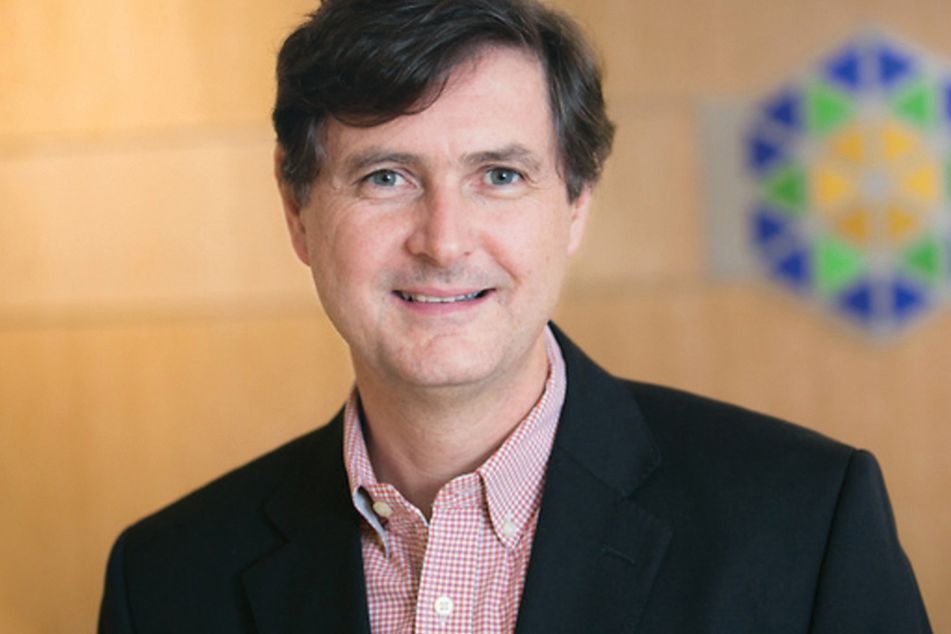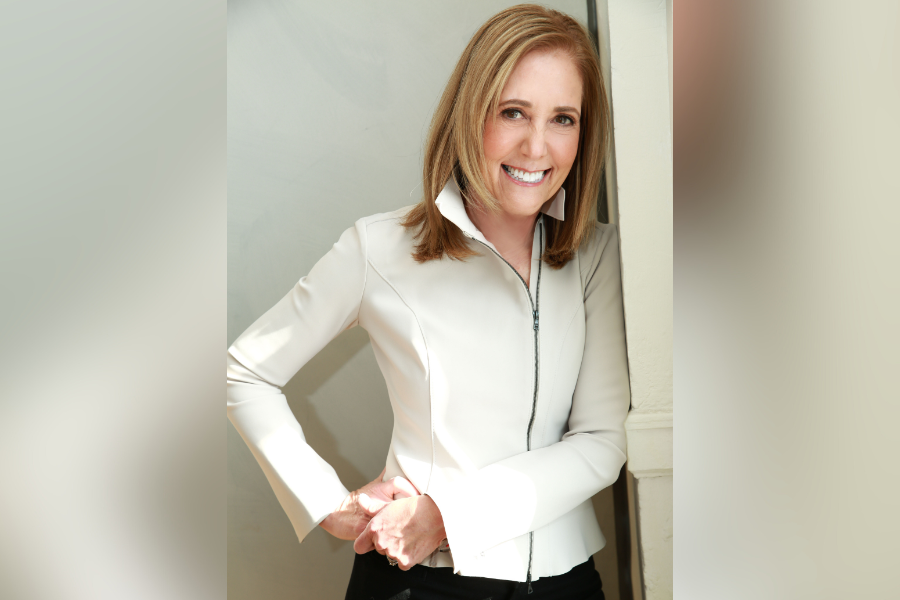Focus Financial Partners not afraid of market volatility
 Rudy Adolf
Rudy Adolf
CEO Rudy Adolf defends business model during earnings call; shares drop 12%.
Stock market volatility is a plus for the Focus Financial Partners (FOCS) business model, according to chairman and CEO Rudy Adolf.
“Volatility is actually a good thing because it shows the value of prudent financial advice,” Mr. Adolf said during a Tuesday conference call to discuss the company’s third-quarter results.
Focus Financial got a taste of that volatility itself Tuesday, after its shares declined 12%, closing at $31.99.
Focus Financial, which raised $565 million during a July 30 initial public offering, lost $38.9 million in the quarter, compared with a loss of $37.9 million in the same quarter a year ago. The company reported $235.7 million in third-quarter revenues, representing a 30.8% increase over the same quarter a year ago.
Adjusted net income for the quarter was $34.1 million, a 43.4% increase from a year ago.
In response to a question about how fourth-quarter results might look in light of the extreme stock market volatility that picked up in October, Mr. Adolf stressed that the clients of the Focus’ partner firms are prepared for such market conditions.
“We are primarily operating in high-net-worth and ultra-high-net-worth markets, and we are first and foremost in the wealth preservation business,” he said. “I think the volatility is a good thing, and I don’t see a major impact regarding our flows.”
Mr. Adolf repeated his claims from the second-quarter earnings call that he believes the U.S. financial advisory space is flush with 500 potential partners and another 5,000 firms that could be good fits for existing partner firms.
In terms of stock market impact on the business model, Mr. Adolf said 25% of third-quarter revenues were not directly related to the equity markets.
Regarding the 75% of revenues that is tied to market performance, Mr. Adolf said the risk is muted beyond just pure equity exposure.
“We ultimately believe that with prudent balanced asset management, there will be no major impact on us from asset management or [earnings] perspective,” he said. “It’s not all equities, it’s close to a 50-50 balance fixed and equities.”
Underscoring the growth strategy, the earnings report highlighted eight advisory firms that joined Focus, adding $30.6 million in new revenue that was counted in the recent quarter.
“In any market environment, we are not worrying about client retention,” he said. “You have new assets that would be impacted, but flows from traditional players will be substantial, and we are partial beneficiaries of that.”
Meanwhile, organic growth during the quarter was 9.7%, compared with 14.4% during the same quarter a year ago.
“The organic growth rate is lower, but 9.7% is still an excellent number,” Mr. Adolf said. “We believe we had a very good quarter.”
Looking ahead, Mr. Adolf sees a full pipeline of new partner firms, which he believes is a byproduct of going public.
“We have an excellent pipeline,” he added. “Quite frankly, it’s the strongest I can remember, and it’s attributed to the IPO.”
Learn more about reprints and licensing for this article.








